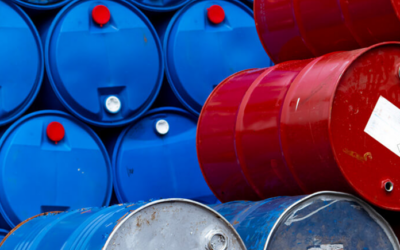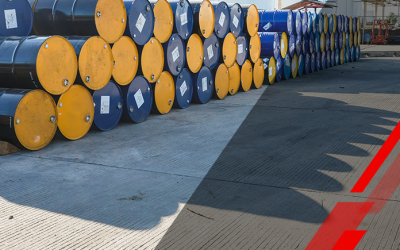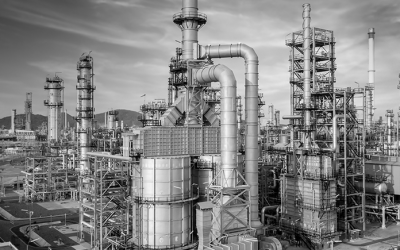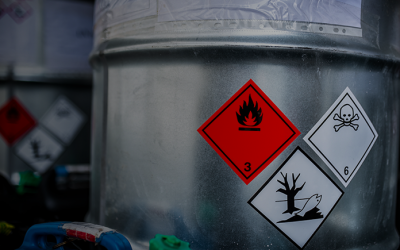Learn to manage glycol waste disposal and comply with regulations in automotive, HVAC, and industrial settings. Discover when to recycle glycol and how to avoid compliance issues.
Service Request
Have waste that requires compliant handling or disposal? Fill out our service form and an MCF Environmental Representative will get back to you quickly with next steps!
Please note we do not provide disposal services for household waste


















